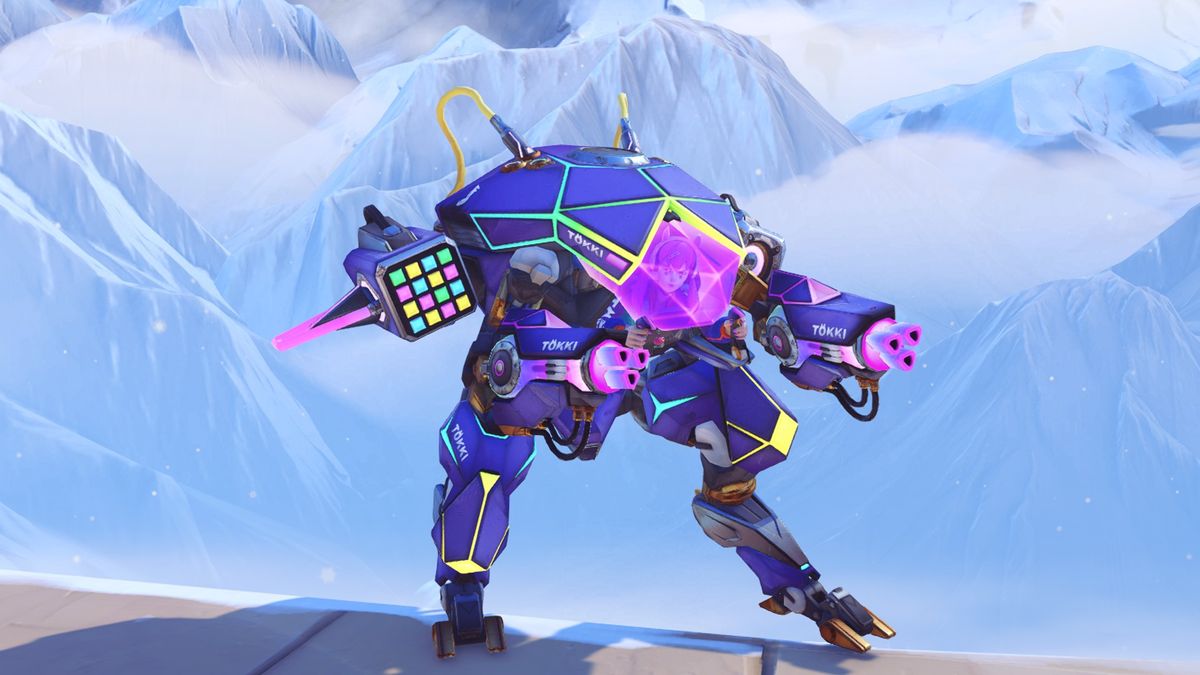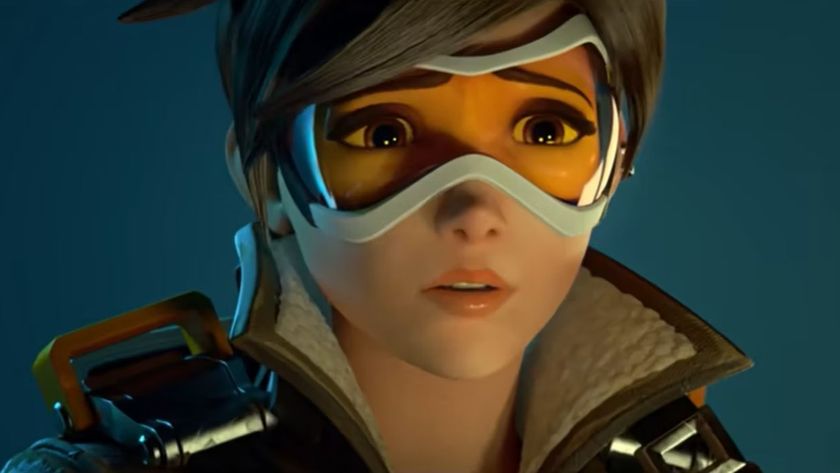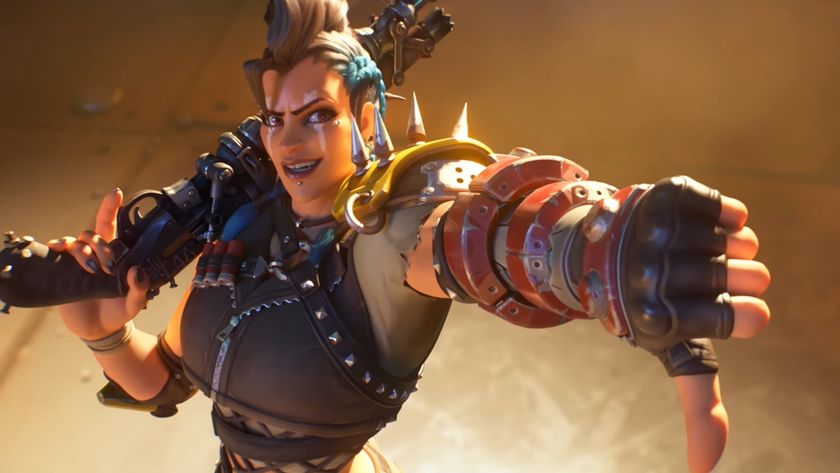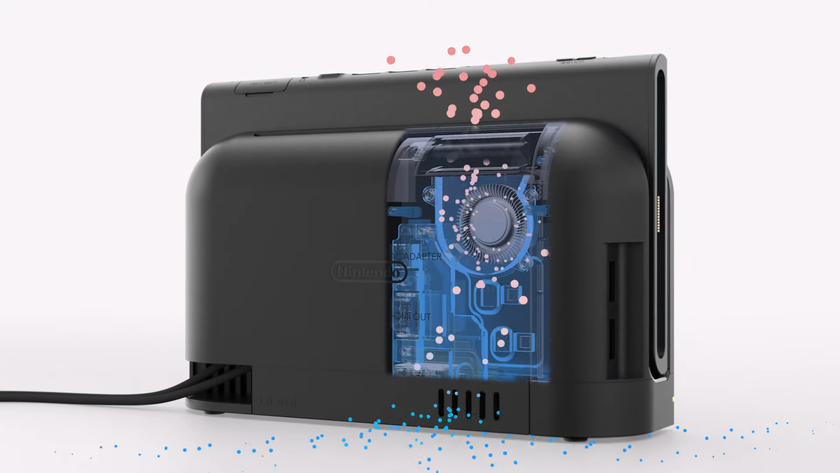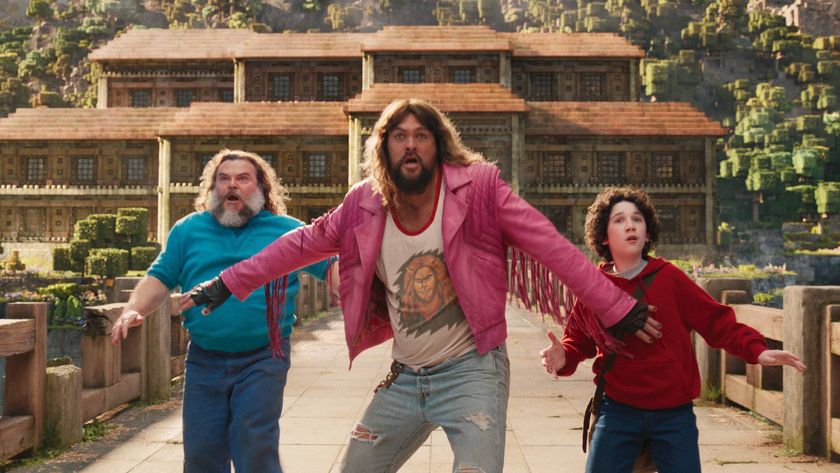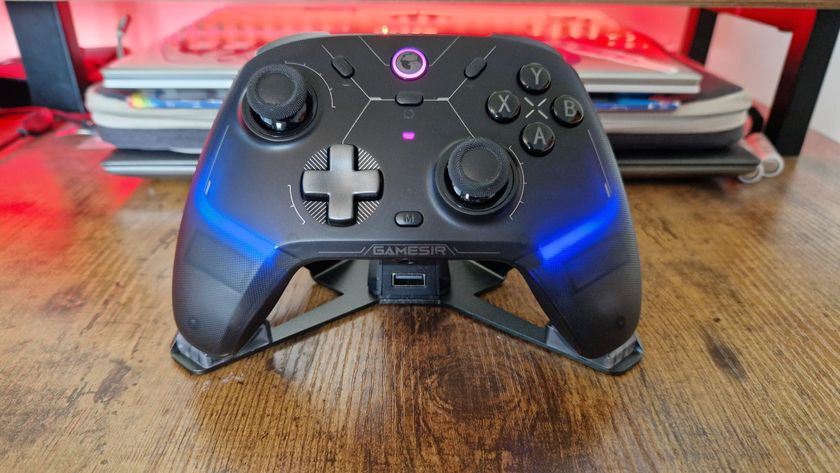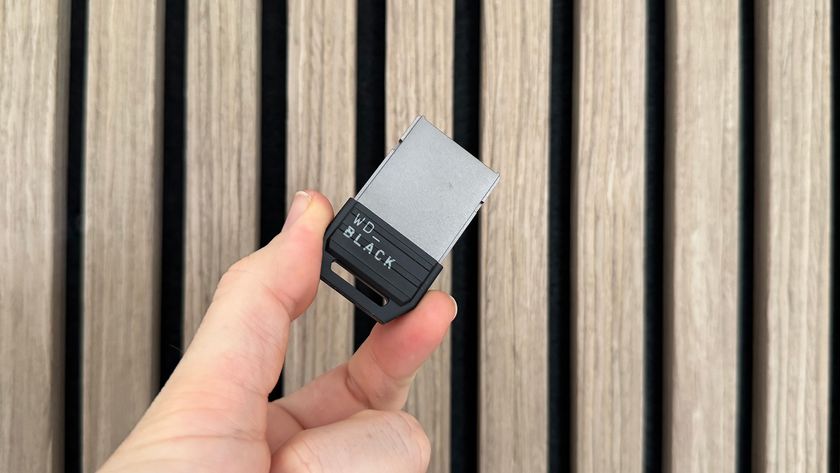Early Verdict
Overwatch 2 shines and pops with updated graphics and gorgeous new maps, but its deviation from the source material is impossible to ignore
Pros
- +
Graphical upgrades are obvious and impressive
- +
New heroes are deadly and fun
Cons
- -
Gameplay changes threaten the uniqueness of the original
- -
Hero unlocking scheme antithetical to the game's core
- -
Battle pass progression means more selfish gameplay
Why you can trust 12DOVE
Overwatch 2 exists in a liminal space, sitting somewhere between a major update to the original game and a proper standalone sequel. It launches into Early Access without its new co-operative PvE mode, which isn't due out until sometime next year, and the core multiplayer offering features a strange mixture of characters and maps that are both old and new. Overwatch 2 has been difficult to pin down ever since it was announced in 2019 – familiar, and at times wholly unrecognizable – and that feeling hasn't dissipated now that I've sunk hours into it.
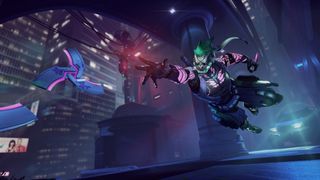
Release date: October 4, 2022 (Early Access)
Platform(s): PC, Xbox Series X, Xbox One, PS5, PS4, Switch
Developer/Publisher: Blizzard/Activision
While there's no denying that Overwatch 2 can feel just as snappy and lively as the groundbreaking original, there's clearly something off about it. Maybe it's because Blizzard drastically switched gears mid-development, taking Overwatch 2 from a sequel with the same, shared multiplayer as Overwatch 1 before transforming it into a free-to-play title that replaces the original game entirely. While Overwatch 2 is certainly an expansion upon the original, Blizzard has been open about its desires to attract new players to the series, and the sequel's battle pass model and faster, more frenetic gameplay reflect that.
Look and feel
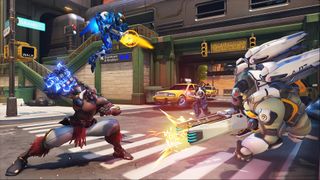
Overwatch 2 looks undeniably brilliant. With its bright, bold colors and deep blacks, legacy maps like King's Row are far more legible and exciting. Every existing hero has received a visual upgrade – from a new default skin to shinier metals, more detailed facial features, and better-flowing hair – while the effects that accompany hero abilities are more crisp and detailed. Blizzard has meticulously redesigned every strand and strap with care, and it makes Overwatch 2 look and feel like more than a simple upgrade.
That same regenerative spirit has been applied to character movement and combat, too – but that's where the problems begin. Overwatch 2 is a faster and more punishing experience than its predecessor. Much of the change in gameplay and combat pacing results from Blizzard's decision to alter the way teams are structured, with the sequel based on five versus five encounters between one tank, two healers, and two DPS heroes. It's a shift that has wide-reaching implications on the meta.
Overwatch 2 is a faster and more punishing experience than its predecessor
Without a second tank protecting you, and with players naturally drawn to the more aggressive, shieldless heroes like Orisa, Junker Queen, and Doomfist, support players are hung out to dry – left to the mercy of deadlier DPS players and heavier, harder-hitting tanks. As a support main, I can't help but feel that Overwatch 2 is too fast and too furious for me to have any real impact on the outcome of a match. Attempts to heal my teammates, and keep them upright, often end up with me dying a swift death – and that's even with an upgrade in which all healers passively regenerate health. Every game feels like a round of deathmatch, even when there are objectives to play towards, as the deadliness of the sequel means softer, squishier heroes will spend a lot of time in the respawn room.
If I force myself to forget everything I have ever known about Overwatch and dive headfirst into the action with reckless abandon, there's fun to be had. Jumping in with Junker Queen or the newly-aggressive Orisa makes for exciting, enjoyable games – especially as tanks are more difficult to take down, thanks to HP buffs and the removal of most DPS heroes' stun abilities. The tanks of the sequel are not "hunker down and get behind me" heroes anymore, but bruisers and brawlers who jump into the fray and smack everybody else around. This is undeniably enjoyable – throwing Junker Queen's knife through Mercy's head or slashing a Sombra and watching her health slowly drain is a blast. It's just not anything like Overwatch 1.
Battle pass and hero unlocks

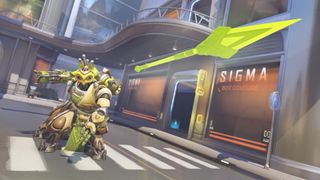
Overwatch 2 will launch with Arcade, Mystery Heroes, and free-for-all Deathmatch modes, although I was only able to sample the grouping through Quick Play due to the limited pool of players through the review period. Similarly, Competitive mode and role-queue was locked off, so we'll be watching closely in the coming weeks to see how these areas of the game function as Overwatch 2 moves through early access.
And that, ultimately, is the rub. Overwatch 1 went through many iterations during its lifetime, launching as an accessible hero shooter before the Overwatch League came along and upped the competitive ante at even low-skill levels. But Overwatch 2 doesn't feel like a natural progression, and while change is expected of a sequel, such drastic alterations to the core Overwatch DNA – particularly when the original game is no longer available – could risk alienating long-term players. Sure, Overwatch 2 is shiny and new – but for who?
As a returning Overwatch player, I have access to the entire roster of heroes, from original characters like Tracer and D.Va to new heroes Junker Queen and Sojourn. Brand-new players will not have the same heroes available to them, but will instead take part in Blizzard's new first-time user experience (FTUE) program. While this has been touted as a way to ease unfamiliar players into a game that has characters with wildly diverse play styles, it's difficult to understand the FTUE roster and the order in which heroes unlock. New players must play 100 matches to unlock every character, but several of the heroes immediately available have some of the highest skill-ceilings in the game. It's easy to imagine new players bouncing off of Overwatch 2 after struggling to play as Genji or Zarya, which makes the decision to lock such popular and easy-to-learn heroes as D.Va behind play time a questionable one.
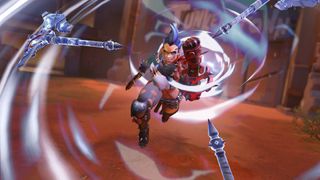
With the new Overwatch 2 battle pass model offering daily and weekly challenges, Blizzard is also (perhaps inadvertently) promoting individualized play over collaborative teamwork – which is antithetical to the original games' spirit. If you don't want to shell out money for the premium battle pass, and automatically get the new support hero Kiriko, you'll have to progress along the free battle pass to unlock her at Tier 55. In order to speed up that progress, you'll want to complete challenges, as it took me about an hour and a half to move up a tier through regular play. While some of the daily and weekly challenges simply task you with winning games or playing matches as a certain role, others fundamentally change the way Overwatch is played by rewarding players for individual accomplishments.
With the FTUE program, battle pass, and overall gameplay changes in mind, I can't quite put my finger on who Overwatch 2 is for. It feels fine-tuned for hyper-competitive play, despite the free-to-play grounding enticing a broader player base than the series has ever had before, while the Battle Pass structure erects barriers around content in a way that will naturally alienate players who don't have ample stores of either time or money. While Overwatch 2 still offers fun and frenetic gameplay on beautifully vibrant maps, it's hard to ignore how much it deviates from the successes of the original.
Overwatch 2 was reviewed on PC, with access provided by the publisher.
More info
| Genre | FPS |
Alyssa Mercante is an editor and features writer at GamesRadar based out of Brooklyn, NY. Prior to entering the industry, she got her Masters's degree in Modern and Contemporary Literature at Newcastle University with a dissertation focusing on contemporary indie games. She spends most of her time playing competitive shooters and in-depth RPGs and was recently on a PAX Panel about the best bars in video games. In her spare time Alyssa rescues cats, practices her Italian, and plays soccer.
